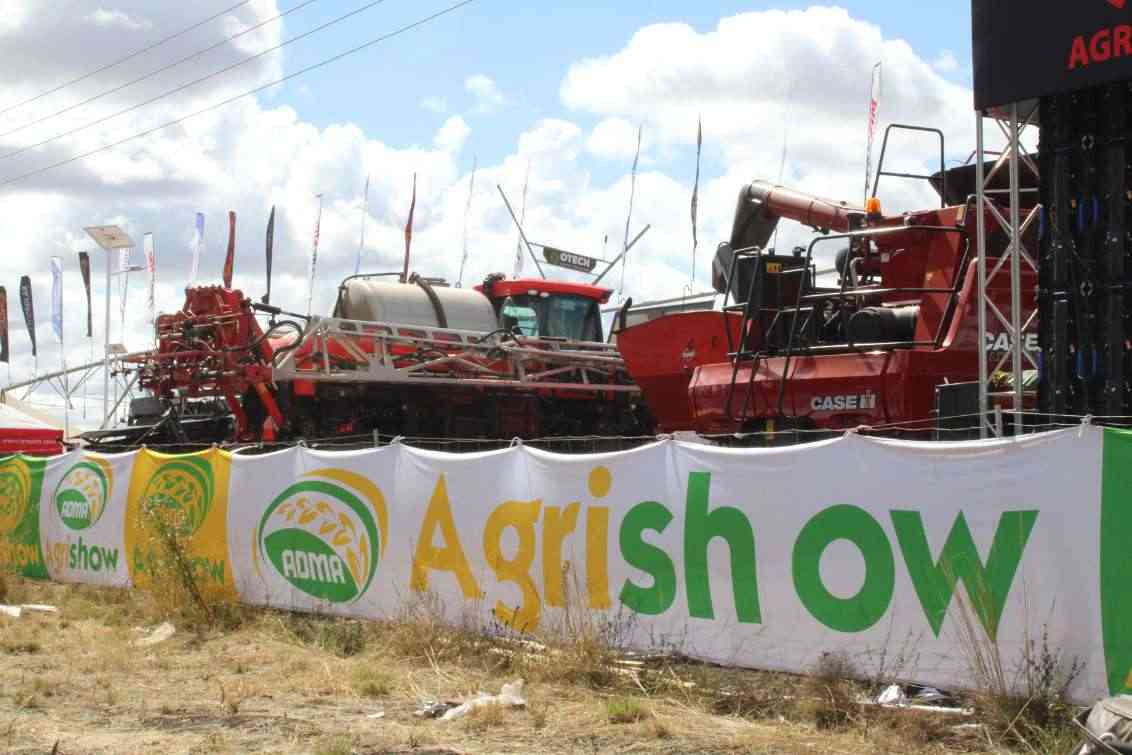
THE Agricultural Dealers and Manufacturers Association’s (ADMA) Agrishow opened yesterday with a special focus on climate-smart technologies, cost-effective farming solutions and the preservation of indigenous livestock genetics.
ADMA is a registered industry body representing suppliers of agricultural inputs, equipment and machinery.
The association works to promote ethical trading practices, uphold service standards, and ensure that farmers have access to quality, cost-effective farming solutions.
In pursuit of these goals, ADMA organises the agrishow annually to bring together farmers, suppliers, researchers and policymakers in one venue to explore the latest trends, products and services shaping the future of agriculture.
In a statement, ADMA chairman Marco Garizio said the event was designed to give farmers a one-stop platform to identify, compare and invest in solutions that can improve productivity and reduce operating costs.
“Our farmers depend on innovation and cost-effective solutions,” Garizio said.
“This event gives them the opportunity to prepare for the season ahead, with access to products and services that are often more affordable here than at other shows in the region.”
This year, ADMA expanded the livestock section to include indigenous small stock sheep and goats alongside pedigree cattle breeds such as Mashona, Nkuni and Tuli, all registered with the Zimbabwe Herd Book.
- FC Platinum open nine point lead
- Brazil election: A moment in history as Lula returns
- Innovative farming transforms refugees’ lives
- ‘Forget economic growth without resolving power crisis’
Keep Reading
“These animals are more than heritage. Their genetics are vital for survival in Zimbabwe’s tough farming conditions. They must be preserved,” Garizio added.
Strategically timed to precede regional exhibitions like Nampo in South Africa and Agritech in Zambia, the ADMA Agrishow allows local stakeholders to plan for imports and procurement well before the planting season.
Hosting this year’s event, the Agricultural Research Trust (ART) Farm has reaffirmed its role as a national hub for agricultural research, training, and regenerative farming innovation.
Its director, Steve Hapelt, said the farm remains committed to supporting sustainable production through practical trials, crop variety development and eco-friendly livestock management.
“We are focused on drought-tolerant crops, soil health, and sustainable land use. Regenerative agriculture is no longer optional; it’s essential,” he said.
ART Farm is currently running trials on maize, wheat, soybeans, barley and vegetables while also testing new biostimulants, pesticides and herbicides.
It is also conducting research into regenerative land use, with techniques that promote biodiversity, improve soil fertility and enhance water retention.
Beyond research, ART Farm remains self-sustaining through commercial cropping and the production of feeder steers, ensuring the continuity of its work and independence from donor cycles.










